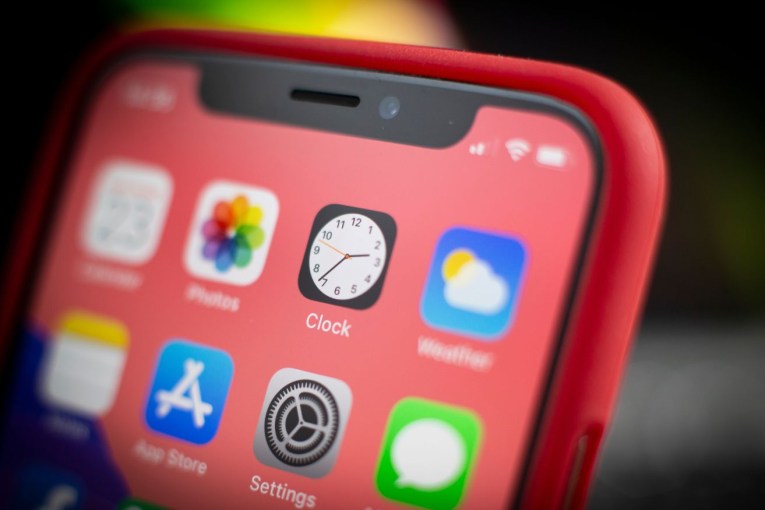Spendthrift teens saddling their parents with big online bills

When parents aren't keeping tabs, youngsters are running up bills online. Photo: Getty
Hundreds of Australian teenagers are racking up expenses online without their parents’ permission, in some cases leaving families on the hook for bills worth thousands of dollars, a new survey has found.
The report by the not-for-profit Financial Basics Foundation also found some parents had to delay paying bills or cut back on essential spending to pay for their child’s purchase.
“Half the online overspending by tweens and teens was with their parent’s credit or debit card,” Financial Basics Foundation chief executive Katrina Birch said.
“It’s very enticing for them to press ‘pay now’ without understanding the consequences.”
The survey of 1000 parents found 56 per cent had been forced to foot the bill for their teenager’s overspending, mostly for mobile phone data, in-game purchases, music and video streaming.
Thirty four per cent of parents said their children made an honest mistake, while 29 per cent said they knowingly overspent.
As well as using their parents’ credit cards, teenagers used their own debit cards.
While the majority of purchases were less than $100, the most expensive was $7000.
Thirteen per cent of families even had to delay paying a bill or cut back spending on necessities to compensate for children’s purchases.
Mairead Taylor is extremely careful with the spending of her boys Jack, 14 and Rory, 11.
However that did not stop a mishap when Jack got his first phone when he started year 7.

Mairead Taylor is extremely careful with the spending of her boys Jack, 14 and Rory, 11. Photo: ABC
Despite the phone provider telling Ms Taylor the phone had parental controls and could not be used to purchase anything without her input, the first bill had an additional $32 on it.
“He [Jack] thinks he must have clicked on something on Facebook. He doesn’t know what it was,” she said.
She fought making the payment for 18 months, until the provider finally relented and gave her $100 credit for her trouble.
The family’s policy is to not enter any credit card details into iTunes or on any websites on their sons’ devices.
If they want to make a purchase, they need to use their own money and buy a voucher from a retail store.
They then input the voucher details online.
“That way they’re using their money, and they know they’re spending real money,” Ms Taylor said.








